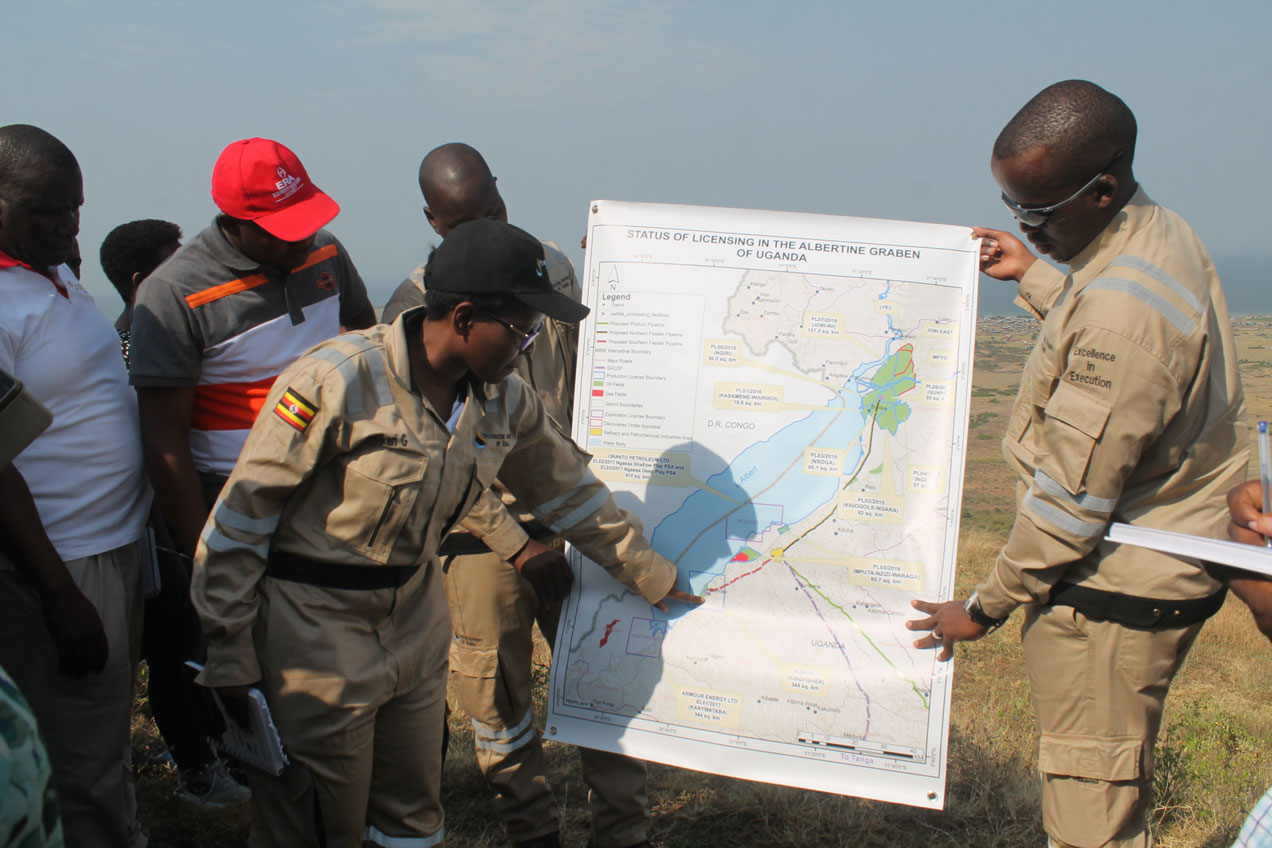
On Wednesday 12 August 2020, Uganda was officially welcomed into the Extractive Industry Transparency Initiative (EITI) group of countries by Helen Clark, the EITI Board Chair and former Prime Minister of New Zealand. Uganda becomes the 54th country to become an EITI member, and the 26th in Africa, joining other natural resource countries including Zambia, Ghana, and Afghanistan.
EITI is the global standard for the good governance of oil, gas and mineral resources. The EITI Standard requires the disclosure of information along the extractive industry value chain, from the point of extraction, to contracts and licenses, production, revenue collection and allocation, social and economic spending, until the eventual point of public benefit. This information is then widely disseminated to inform public debate and generate recommendations which are then followed up for the benefit, improvement and development of the national extractive sector.
Journey to Membership
In early 2019, following a Cabinet decision, the Minister of Finance announced the government’s commitment to join the EITI. He then appointed Mr. Moses Kaggwa, the acting Director of Economic Affairs in the Ministry of Finance, Planning and Economic Development, to spearhead the effort and manage the process. Mr. Kaggwa was appointed as the Chairperson of the Multi Stakeholder Group (MSG), a 23-person Committee that was tasked with the oversight of EITI implementation in Uganda. The MSG comprises representation from the three main constituencies involved in the extractive sector – government, industry, and civil society.
Under the guidance of the MSG, Uganda prepared and submitted its candidature application to the International Secretariat on 13th July 2020. One month later, the application has been approved.
What are the benefits of Uganda joining EITI?
As an EITI member, Uganda will adhere to and implement the EITI Standard which promotes a more open and accountable form of extractive sector management. Membership of EITI will improve the investment climate and strengthen tax collection. It will build trust among sector stakeholders by facilitating honest and frank discussions on the problems and challenges within the sector. It will also strengthen revenue management and accountability.
How does EITI work?
The MSG has prepared a two-year costed work plan which it intends to roll out as part of EITI implementation. This work plan defines the activities that the MSG will undertake in order to prepare, publish and disseminate Uganda’s first EITI report. The MSG is supported in its work by a National Secretariat, which is responsible for the operational activities of the Uganda Extractive Industries Transparency Initiative (UGEITI).
Next steps
The MSG now has 18 months to publish information on the sector in a national report, and then submit to a ‘validation’ of these disclosures by the International EITI Board. Once this validation is approved, Uganda will then become a full member of EITI, and continue working to ensure that this membership is maintained.
Contact:
Gloria Mugambe
HEAD, UGANDA NATIONAL EITI SECRETARIAT
Ministry of Finance, Planning and Economic Development
